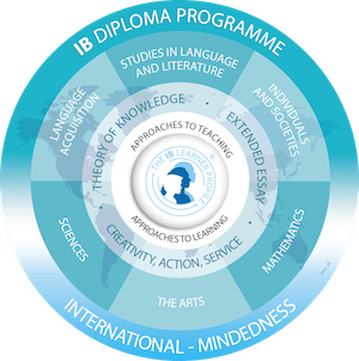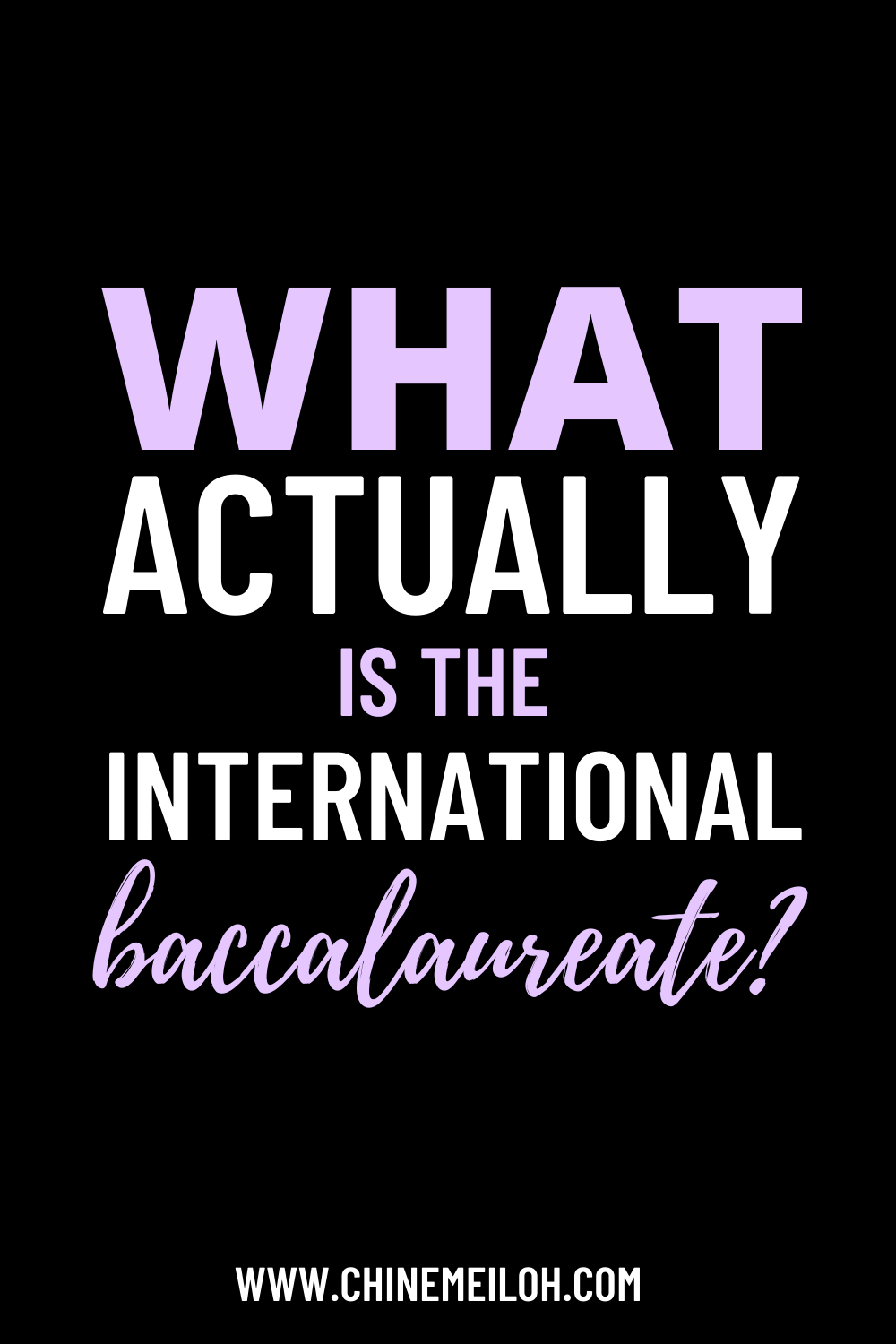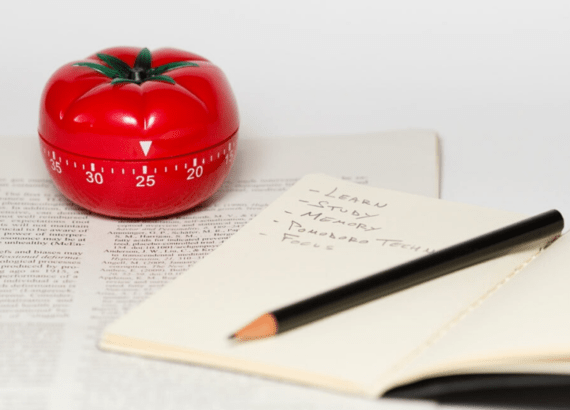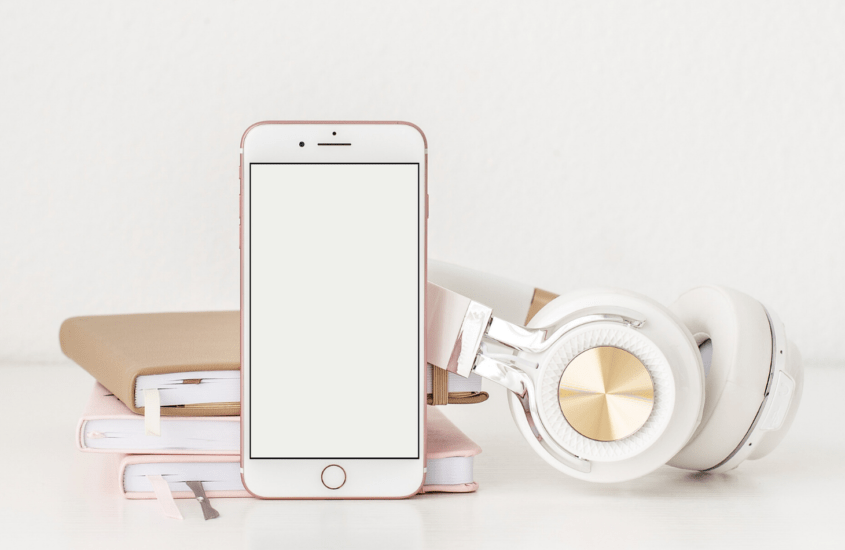Hey guys! As many of you know, I am a student in England who has just finished her GCSEs. Now whilst most people my age then go on to do A-levels in sixth form, I will be doing the IB course instead. The IB is less popular than A-levels in the UK, so it’s understandable that lot of people aren’t that familiar with it.
For anyone who is remotely interested, I am going to break down what the IB actually is as best as I can. Of course, I haven’t actually started it yet, so I don’t have all the knowledge in the world about what it is, but I have done a lot of research to find out exactly what I’ve let myself in for (and lowkey regretting it but we move) and here’s what I found out:
Oh, hey! You there! Before we get any further, make sure you join my email list for news, updates, exclusive freebies and more!
![]()
Sections In This Post
What is the IB?
First and foremost, the IB stands for the International Baccalaureate, and it’s an international educational foundation, founded in 1968. There are four IB education programmes, but I’m concerned with the IB Diploma Programme (or the IB DP), which is the programme for students aged 16 to 19 (aka sixth form).

The IB DP curriculum is made up of six subject groups, in which I must choose one subject from each group (not just any subject I like!). The six subject groups are ‘Studies in language and literature’, ‘Language acquisition’, ‘Individuals and societies’, ‘Sciences’, ‘Mathematics’ and ‘The arts’.
These are all fancy long names that even I’m struggling to understand what they mean, but in short, each of the subjects I choose must be an English, a modern language, a humanity, a science, a maths and an art (although if you don’t like the arts that much, you can opt-out of it and choose another subject from a modern language, a humanity or a science).
Choosing one subject from each of these groups is supposed to form an all-rounded student who has good, extensive knowledge in a range of subjects for the future.
The IB DP consists of choosing six main subjects to study: three at higher level (HL) and three at standard level (SL). Carry on reading to find out which subjects that I have chosen, and at which level!
 If you thought six subjects wasn’t enough, there are an additional few things we have to do as well. There’s something call the DP core, comprising Theory of knowledge (TOK), in which I reflect on the nature of knowledge (I’ll basically become a mini philosopher); creativity, activity and service (CAS), in which I will complete a project related to these three concepts; and the extended essay, in which I do independent research on a subject of my choice and write a 4,000-word essay. The DP core is essentially there to broaden a student’s educational experience and challenge them to effectively apply their knowledge and skills to the real, globalised world, where they will be of great use.
If you thought six subjects wasn’t enough, there are an additional few things we have to do as well. There’s something call the DP core, comprising Theory of knowledge (TOK), in which I reflect on the nature of knowledge (I’ll basically become a mini philosopher); creativity, activity and service (CAS), in which I will complete a project related to these three concepts; and the extended essay, in which I do independent research on a subject of my choice and write a 4,000-word essay. The DP core is essentially there to broaden a student’s educational experience and challenge them to effectively apply their knowledge and skills to the real, globalised world, where they will be of great use.
The IB total score is 45, in which the six subjects are each worth 7 marks, and the DP core all adds up to 3 marks. In a nutshell, that is basically what the IB is!
![]()
The subjects I have chosen for the IB:
These are the subjects I have chosen for the IB. As you can see, I’ve gone for a slightly more maths approach for my higher level subjects, as it’s something I enjoy learning, and so I hope to study similar subjects in the future.
- Studies in language and literature: English Literature (SL)
- Language acquisition: French (SL)
- Individuals and societies: Business Management (HL)
- Sciences: Chemistry (SL)
- Mathematics: Maths Analysis and Approaches (HL)
- The arts: I opted out of this one for another ‘Individuals and societies’, in which I chose Economics (HL)
My honest opinions of the IB:
As much as I complain about having to do six subjects rather than the three provided in A-levels, the IB really isn’t that bad, and I think I’ll quickly get used to it.
However, I believe that there are some pros and cons to doing the IB, that I had to consider before choosing to take it in sixth form. Here are my honest opinions of the IB:
- I love how the IB curriculum is so broad and balanced – it is literally preparing me to be an all-rounded, holistic student who is strong in different types of subjects and skills, which I really appreciate.
- I’m not too sure about the whole ‘breadth over depth’ motto. If I’m honest, I think depth is more important because I’m only ever going to specialise in one subject in the future, and I’m going to have to study it in a lot of depth too. If the IB focuses in too much into breadth, then while I will have an all-rounded mindset (which is very beneficial to some people, don’t get me wrong!), my knowledge of the subjects I have chosen won’t be in as much detail as if I was to do them for A-levels.
- English is probably not my favourite subject, and if I was to do A-levels, I wouldn’t even consider taking it. However, I think I will grow to appreciate the fact that I have to do it for the IB, and that it will strengthen my critical and analytical skills that I have been running away from for so long!
- I’m afraid there will be a heavy workload! This will train me to be resilience and disciplined with my study, no doubt, but I want to make sure that I can find a balance between school and my social life, which I’m sure will be very hard with the IB.
- Top universities recognise the IB as equally as they recognise A-levels, which is good.
- The IB courses are extremely demanding and challenging, especially the internal side of it (coursework). Not that I’m doubting myself, but if I let myself off for even a day, I’ll fall very behind with my work, and it’ll be VERY hard to catch up.
- The CAS forces me to stop being lazy for once and do some exercise and community work!
- The IB requires effective study skills and time-management skills, which I definitely have to work on if I’m ever going to make it out alive.
- The IB is recognised worldwide, so I may consider applying to top global universities, as the IB will give me that opportunity!
- Although there’s a huge variety of subjects I can choose to study for the IB, there is a lot less flexibility than that of A-levels, due to the compulsory breadth of study it requires. In A-levels, you can take any subject combination you want – the options are basically endless. However, with the IB, you must take one subject from each category, so there’s not as much freedom to mix and match. Not cool.
- The IB requires applying many skills, such as critical reading or self-management, that are also required in university, so it’s great for preparing me for post-sixth form.
- I’ve heard A LOT of horror stories about how challenging the IB is! I’m slightly scared!
- I studied 13 subjects at GCSEs, so narrowing that down to 6 will be significantly better – I don’t really mind that I’ll be studying more 3 subjects than A-levels!
So, in conclusion…
As a whole, that is what the IB is. My opinions of the IB are just my personal perspective – some of the disadvantages may be advantages to you, and that’s okay.
However, I hope that I have provided a good understanding of what the IB is to anyone who was curious, as well as providing my own thoughts and views. Many people have asked me questions about the IB, so I thought I’d just compile everything into this one blog post.
The IB is a challenging one, I will be honest, and I am well aware of the challenge before me. However, I’m not going to grow and flourish by taking the easy road through life. I feel as though A-levels won’t be a good enough challenge for me, but the IB will abundantly supply that challenge – this is the factor that topples the balance and puts me comfortably on the side of taking the IB.
I’m not here to get the grades to get the job. I’m here because I actually want to learn.
Gotta take a little risk sometimes. It’s the only way you can actively pursue success and learn new things. I’m sure the IB is an opportunity to change my life, so I’ll go for it and I’ll enjoy it.
For anyone else who’s about to start sixth form in September, IB or A-level regardless, go for it and enjoy it.
If you enjoyed this post, you might also enjoy some of these posts too!:
- What is the Pomodoro Technique?
- “Study Smarter, Not Harder”: 13 Tips on How To Study Effectively
- 8 Game-Changing Apps That You Need To Ace Your GCSEs
If you have any comments, questions or contributions about the IB, please feel free to comment them down below! I’m always checking and responding to comments!
See you soon,

![]()











